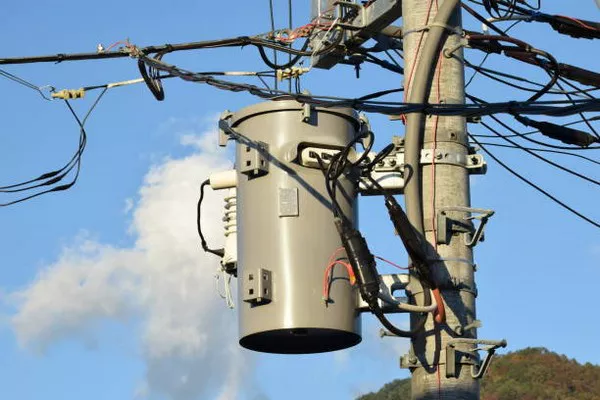South Dakota Mines’ distinguished university professor, Long Zhao, has secured a significant grant aimed at investigating human behavior patterns and their integration into the next-generation smart grid. As the director of the Smart Grid and Energy Research Lab at Mines, Zhao is focused on unraveling the intricate interplay between human behavior and the utilization of distributed energy sources, such as rooftop solar, within the evolving smart grid landscape.
In the context of modern grids, the incorporation of distributed generation like rooftop solar into the grid poses one of the most substantial challenges, predominantly due to the human factor. Zhao’s research aims to decipher this human element and subsequently apply this insight to enable the smart grid to predict and adapt to human energy consumption patterns.
According to Zhao, who has been instrumental in spearheading Mines’ research efforts, while considerable strides have been made to develop the necessary technology and infrastructure for smart grids, the critical component that remains underexplored is the human element.
“The linchpin of this equation is people, and our endeavor is to comprehend human behavior to construct the most resilient and fully functional smart grid models,” asserts Zhao.
The grant, a commendable achievement, has been awarded by the National Science Foundation, and it represents an investment of nearly $200,000 spread over a span of two years.
Central to Zhao’s research initiative is the introduction of a data-driven methodology to analyze and explicitly model power demand behavior at the household level, harnessing real-world long-term data. The goal is to uncover both macro- and micro-level residential power demand patterns. This will be achieved by correlating data from 15-minute resolution smart meters with consumer surveys, local parcel data, and meteorological data, resulting in a comprehensive understanding of residential power consumption behavior at a granular level.
This meticulous groundwork is set to lay the foundation for further research in data-driven analysis and modeling, which will be pivotal for the evolution of next-generation power grids.
Anticipating broader impacts, Zhao envisions the potential extension of this model to domains beyond energy, such as water usage. Furthermore, the research is expected to provide insights into the effectiveness of incentives in altering consumer behavior, particularly in promoting environmentally conscious consumption.
Simultaneously, in conjunction with the project’s endeavors, a novel curriculum titled ‘Smart Grid and Data Science’ will be developed, bridging the domains of power engineering and social science.
Notably, this research initiative boasts partnerships with local cooperatives, including West River Electric Association, and key players in the local business community, such as the Elevate Rapid City chamber of commerce.
This groundbreaking research follows Zhao’s recent study on the influence of wildfire smoke on solar PV. With solar energy increasingly prevalent in wildfire-prone areas, Zhao’s investigation has unveiled that low-level smoke can impact solar energy production. Remarkably, even when smoke is present at higher altitudes without significantly affecting ground-level air quality, individual solar panel output can be reduced by nearly 50%. The study underscores the significance of accounting for these variables in regions susceptible to wildfires.
Professor Zhao’s work stands as a testament to the invaluable contributions researchers make in shaping the future of sustainable energy and smart grid technologies.


